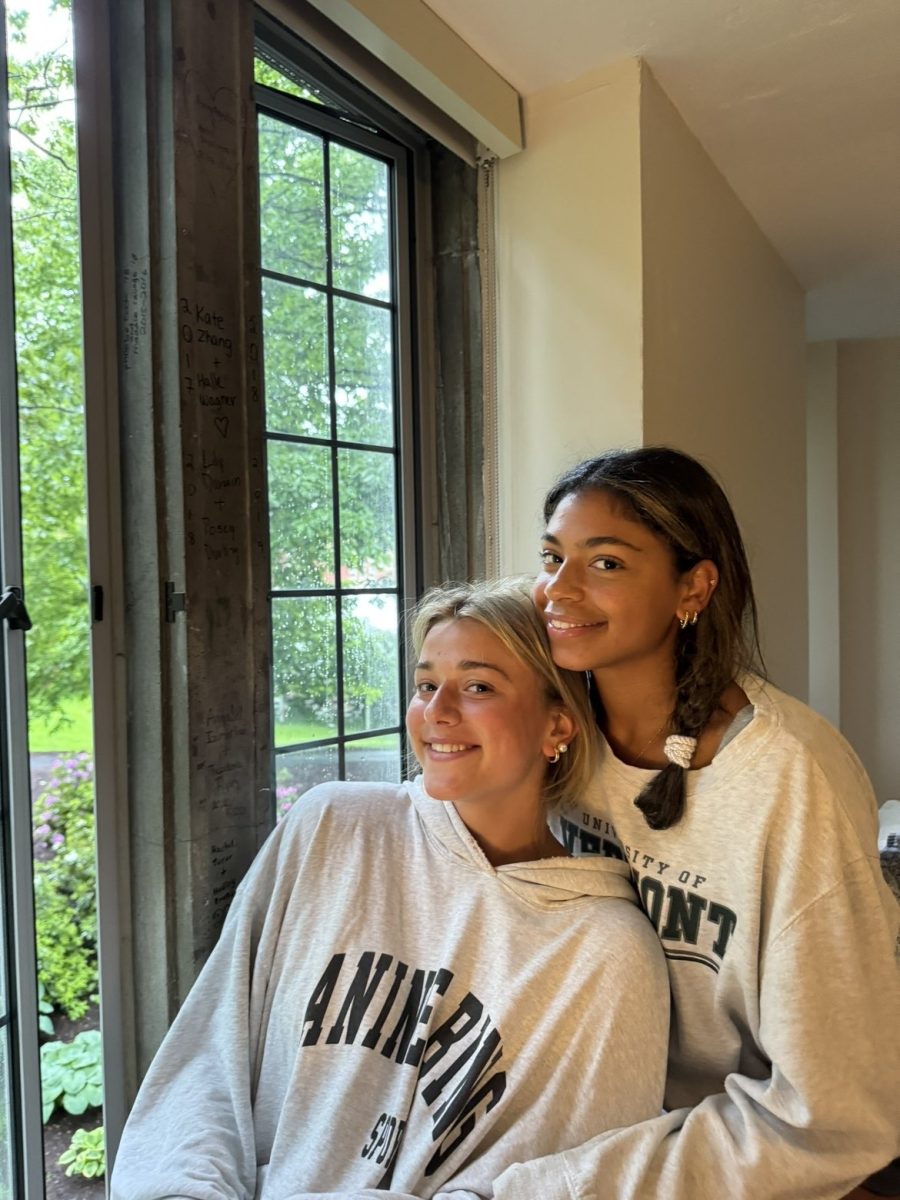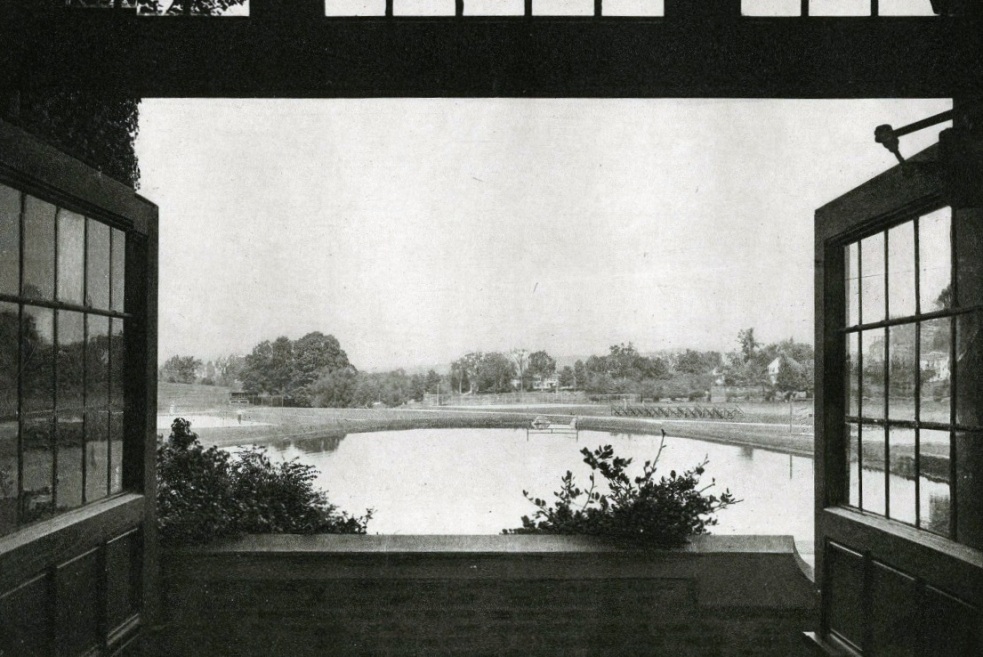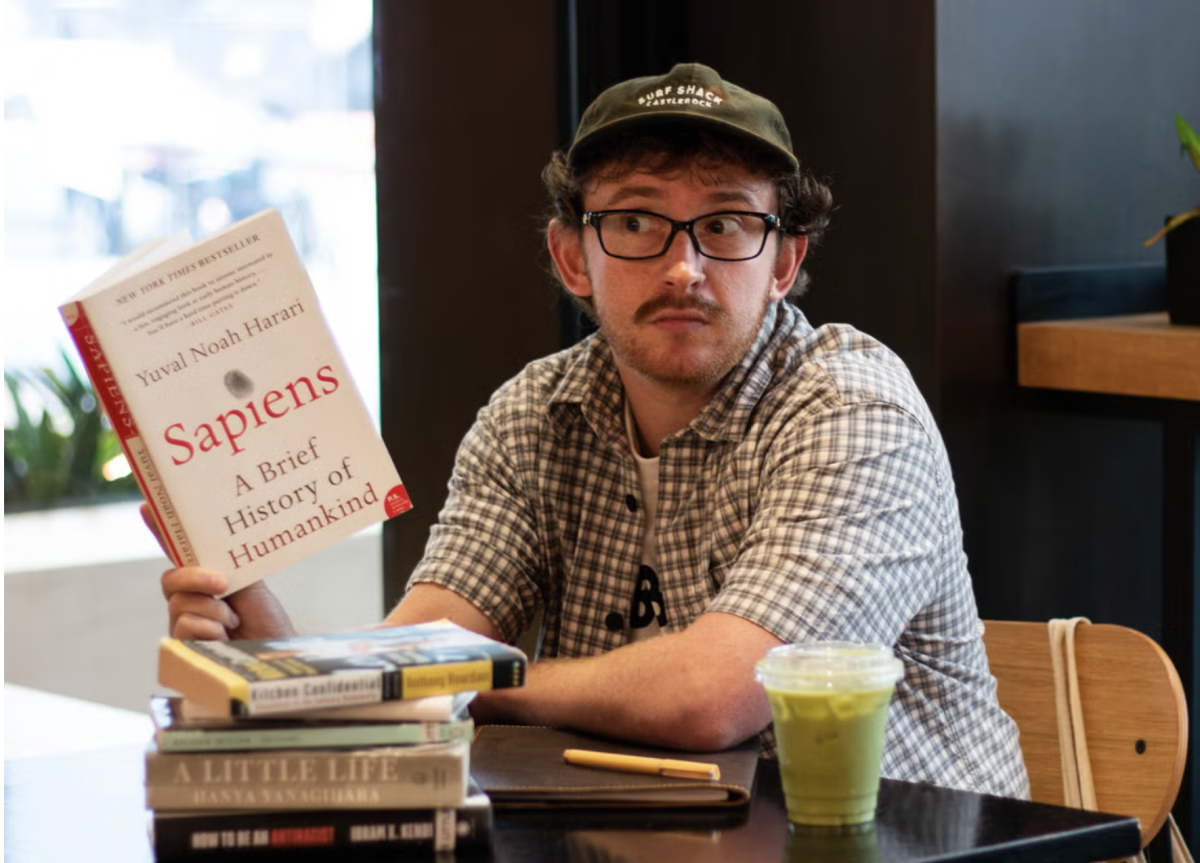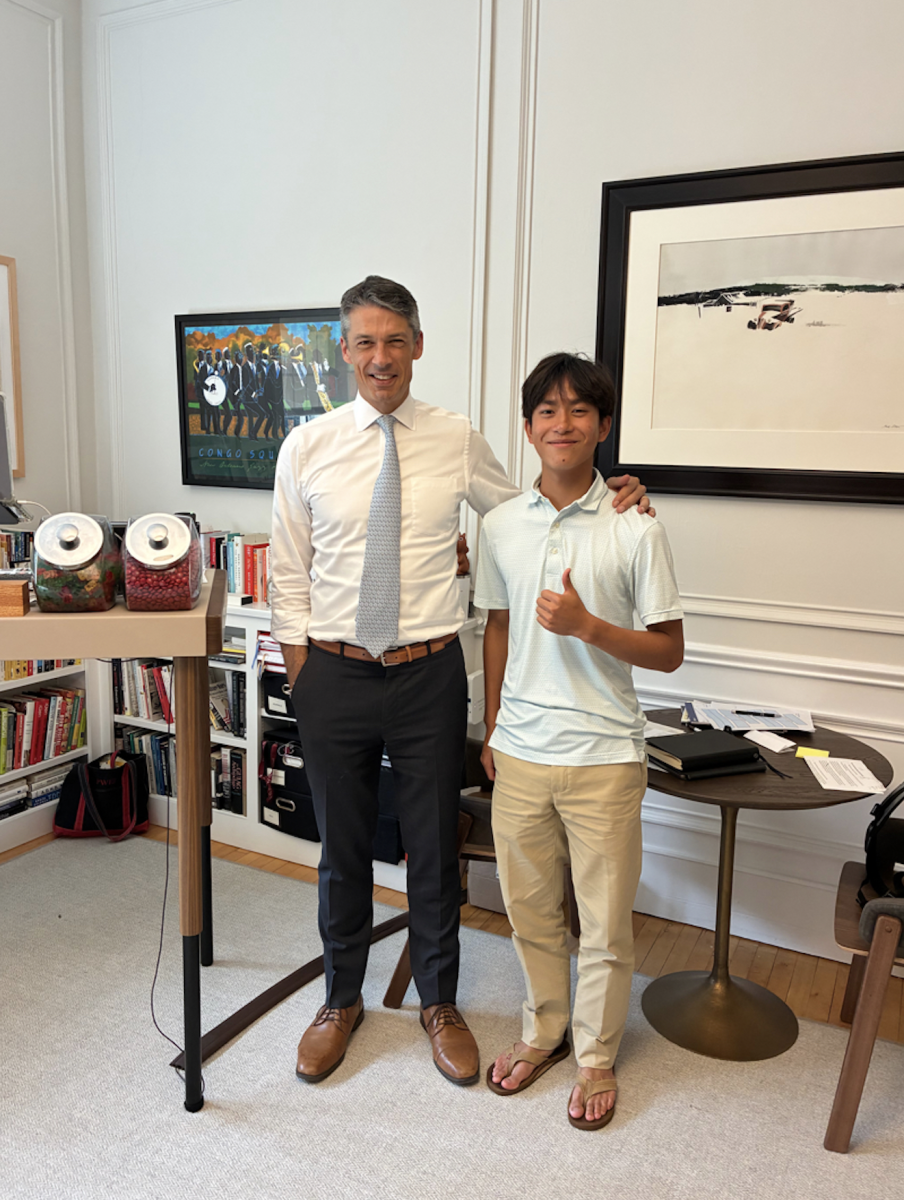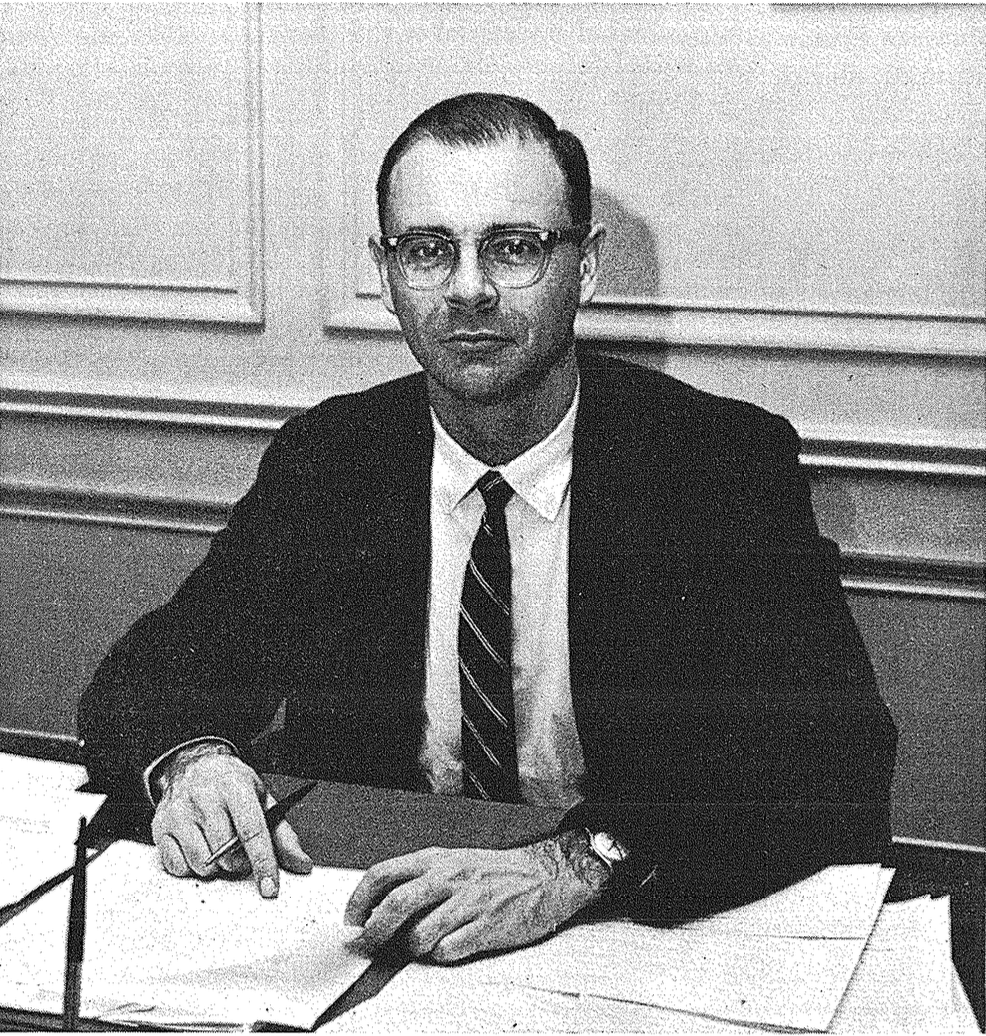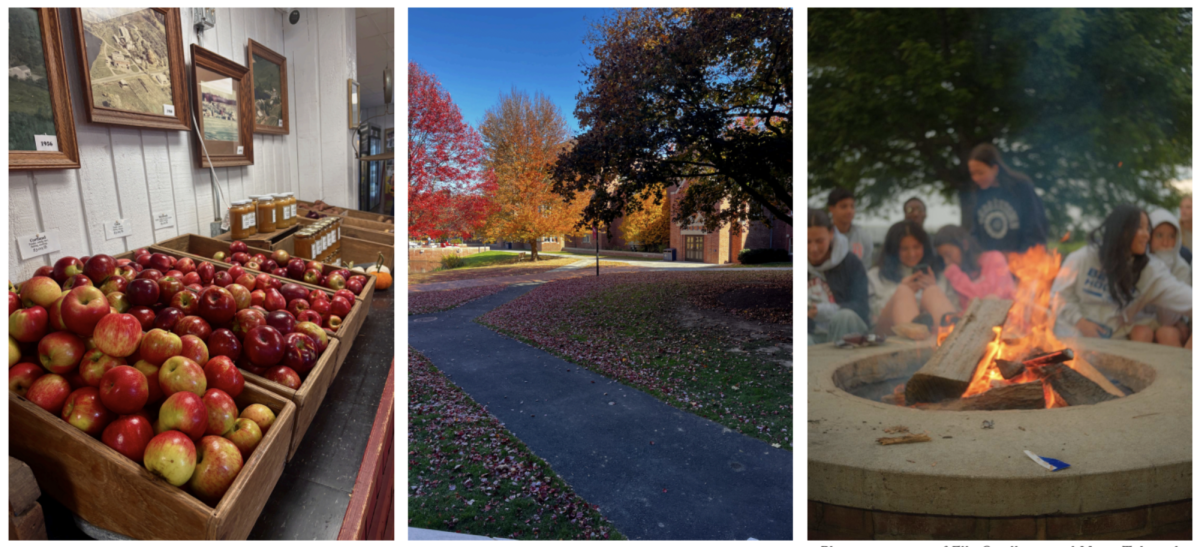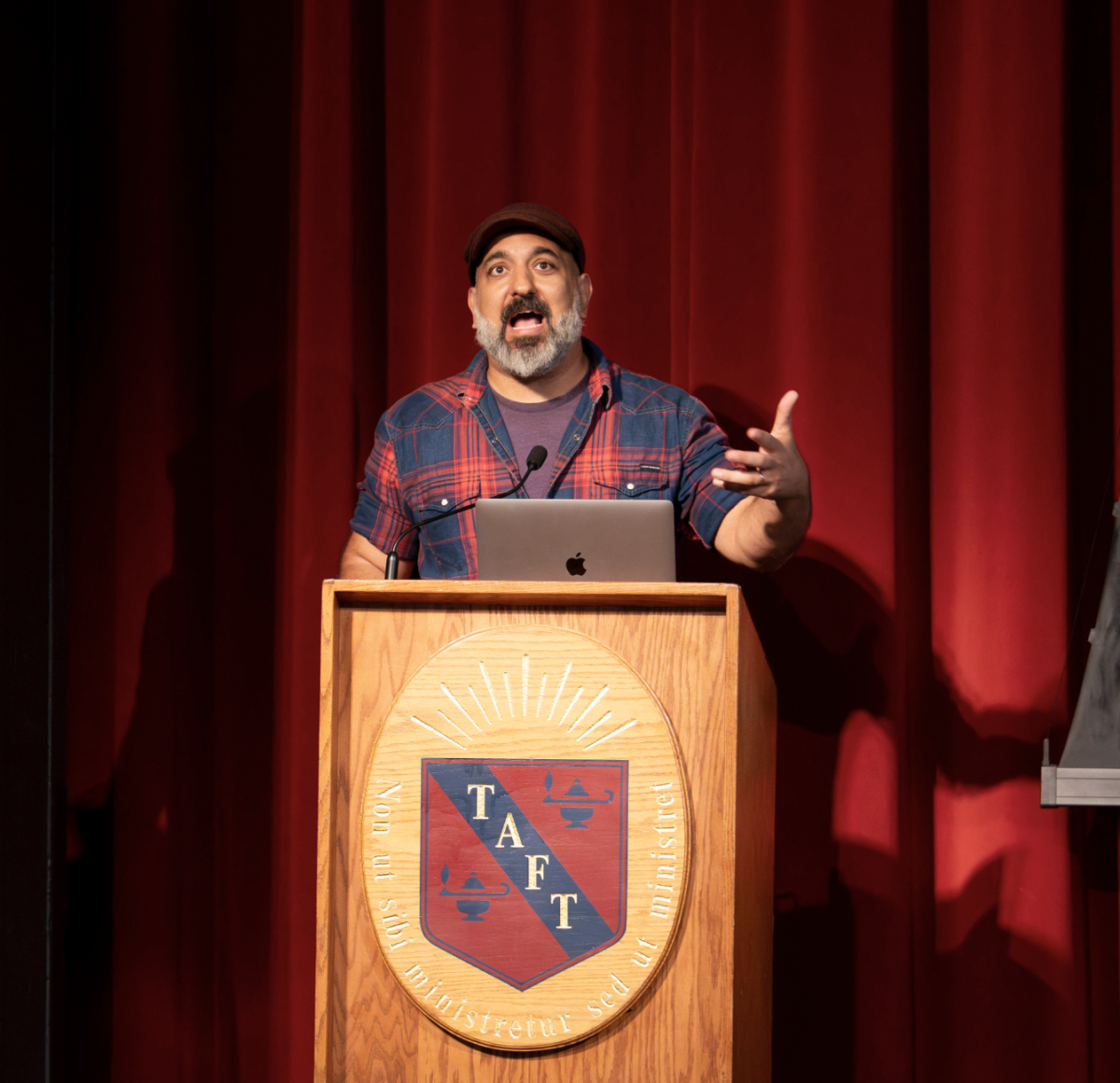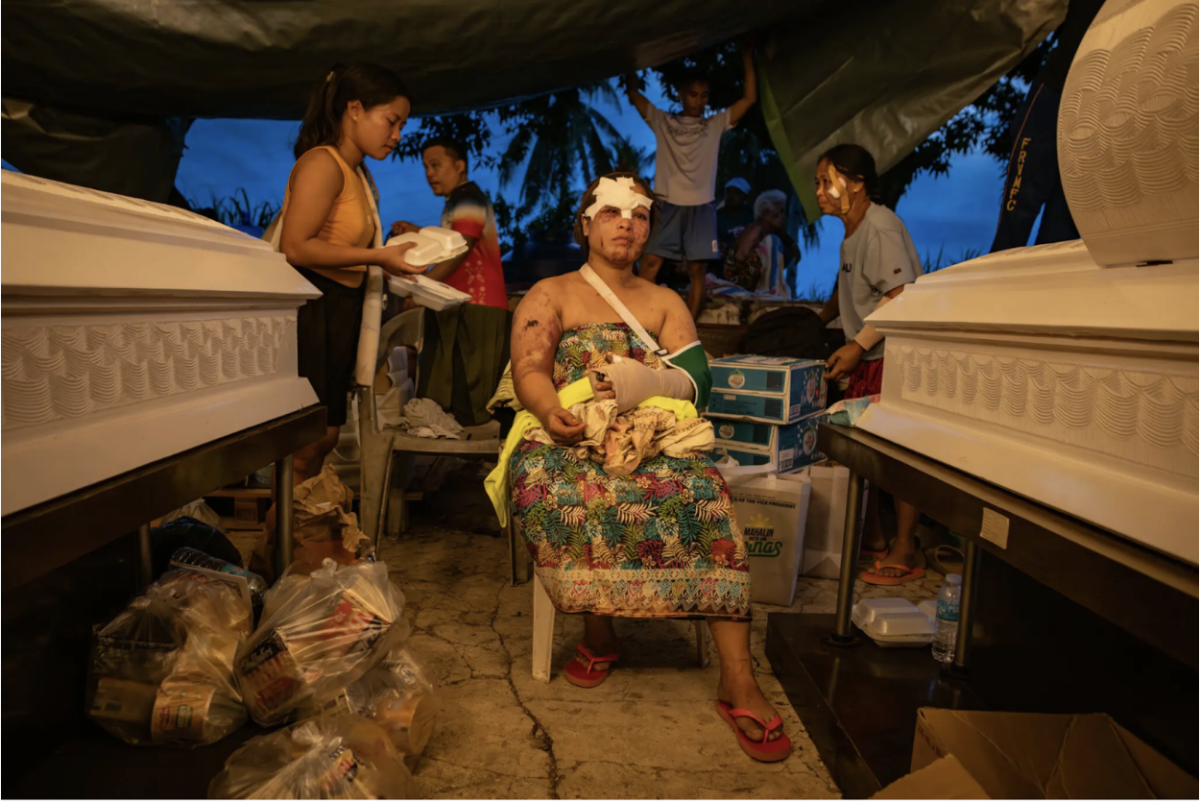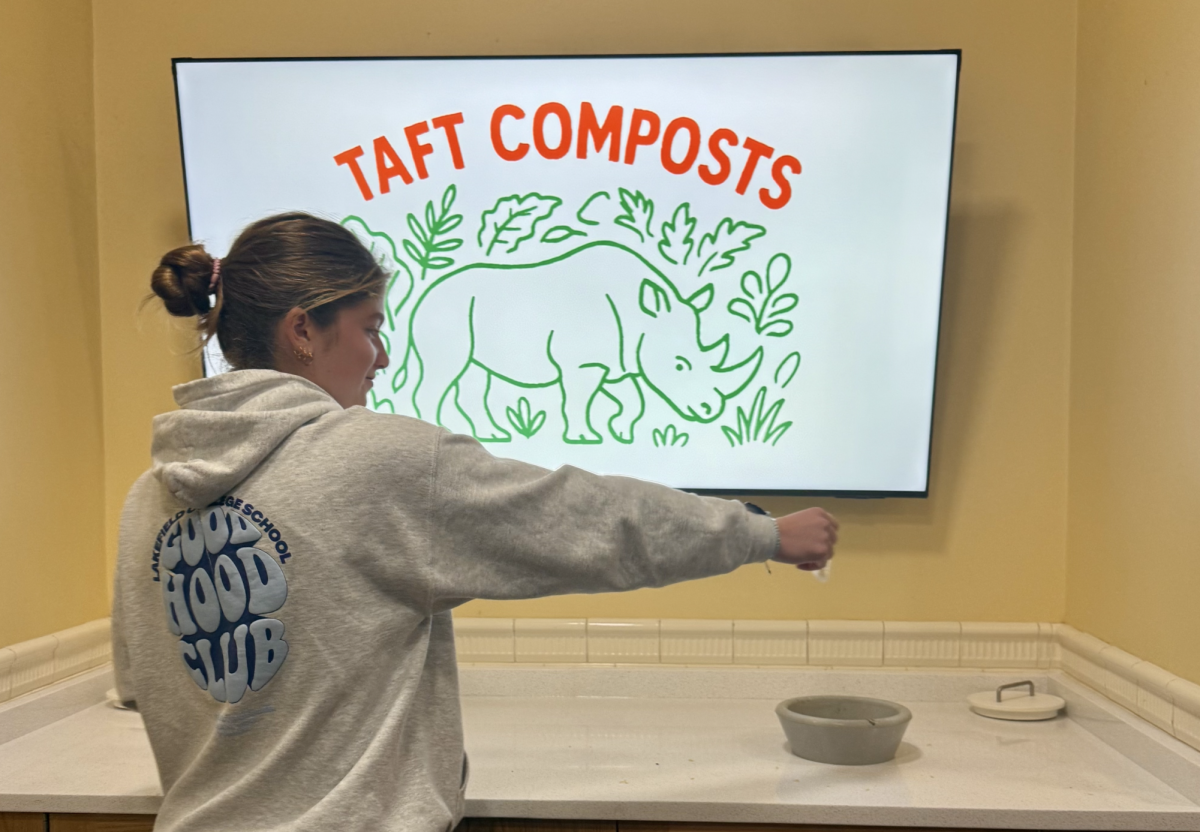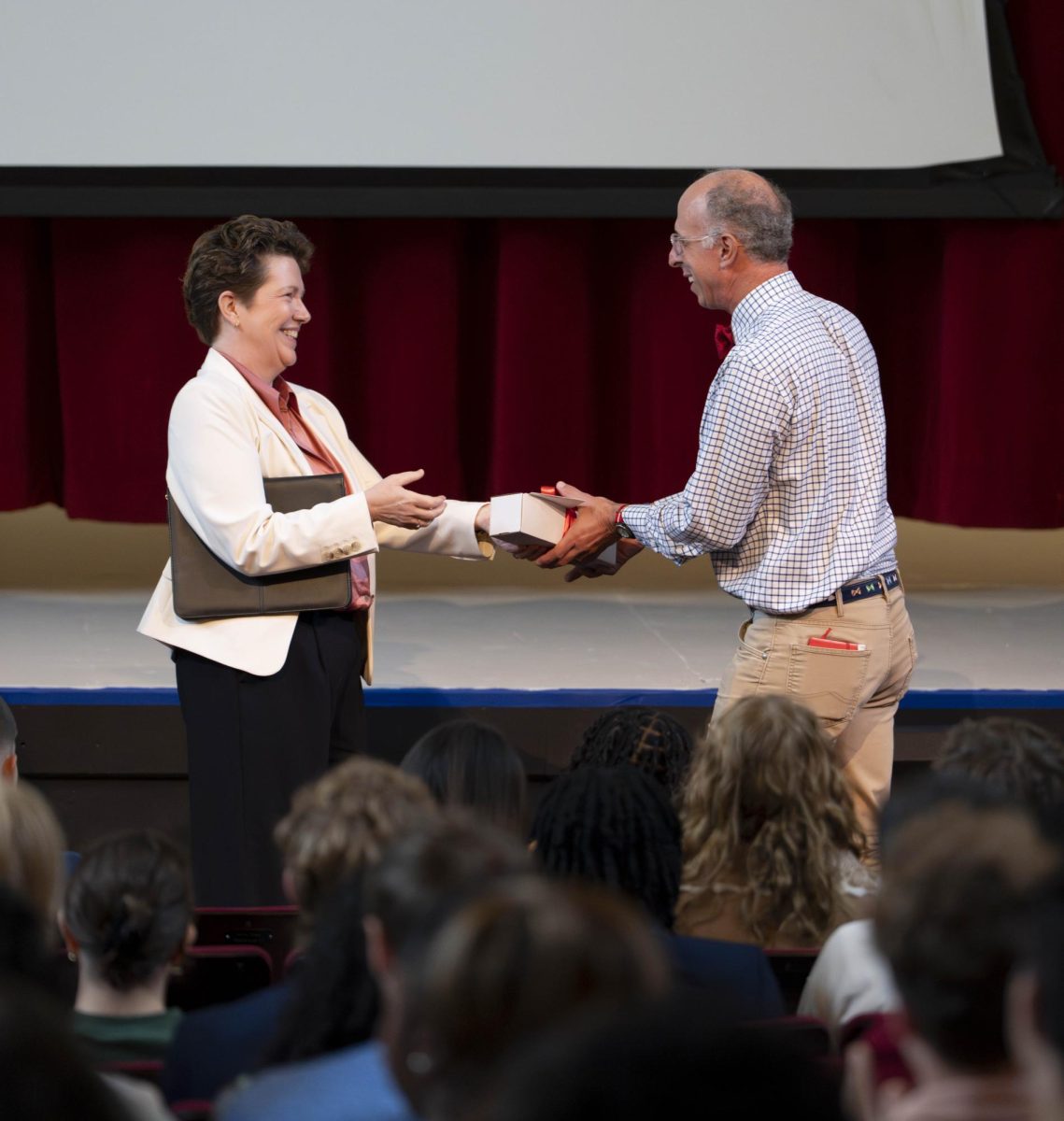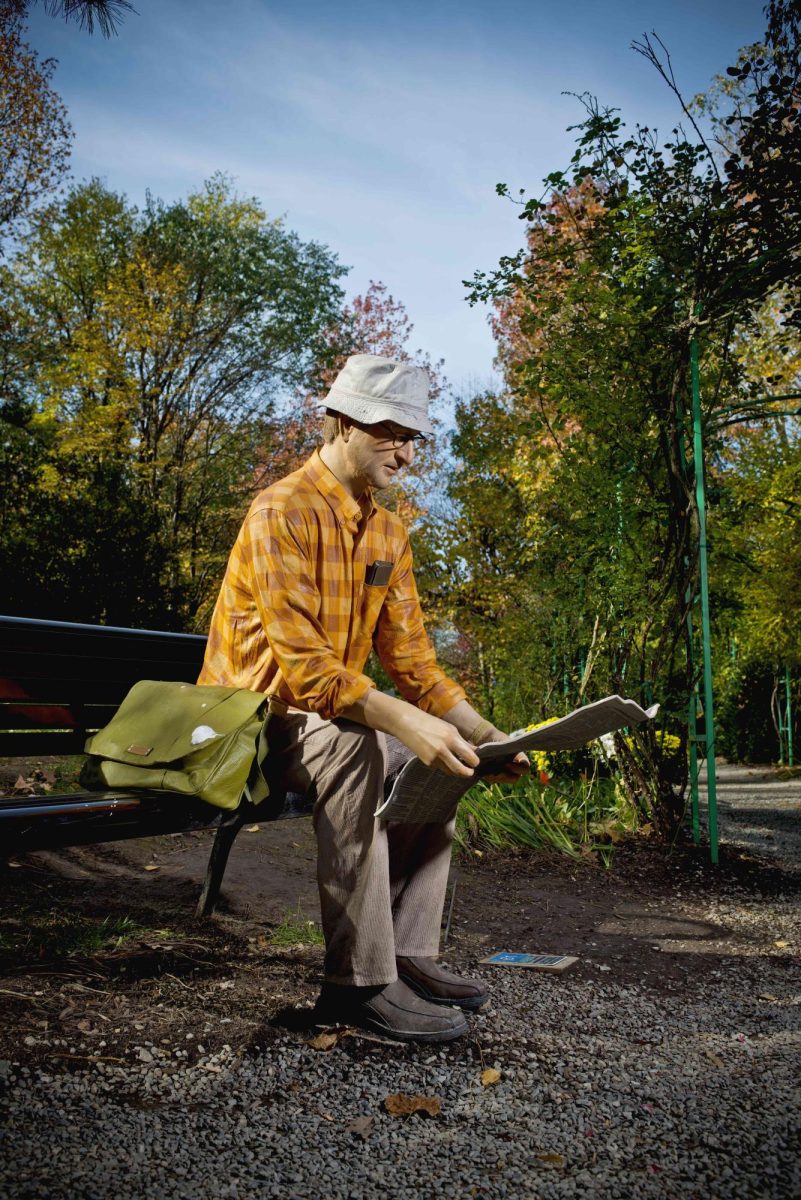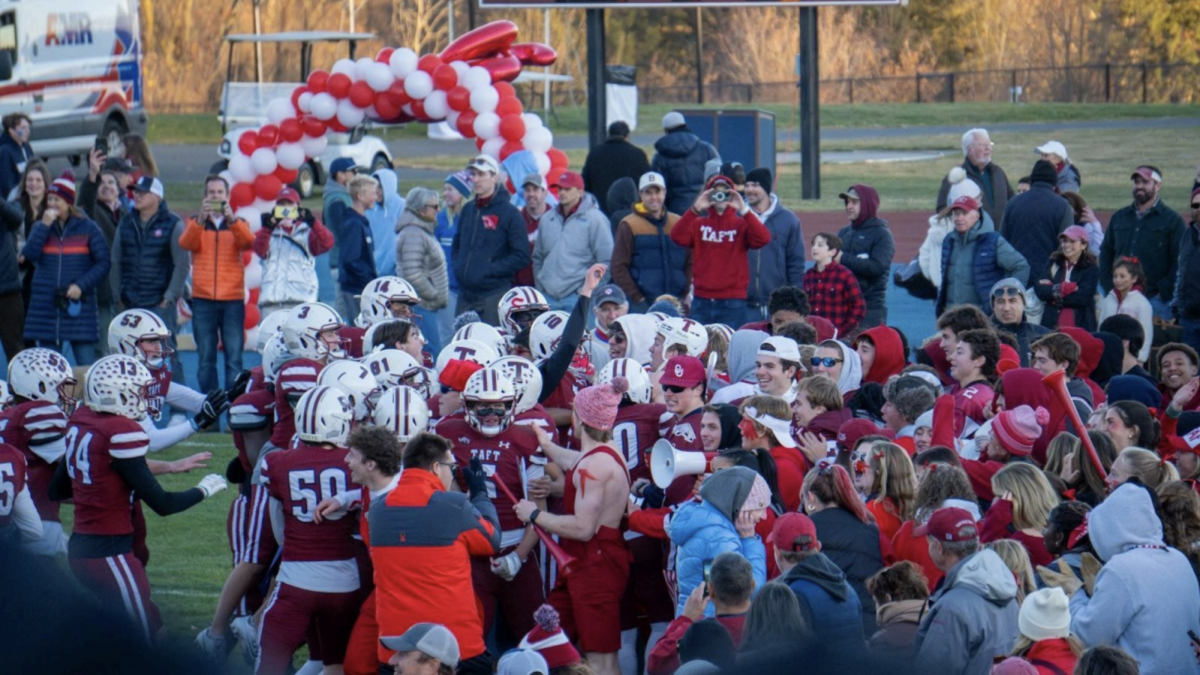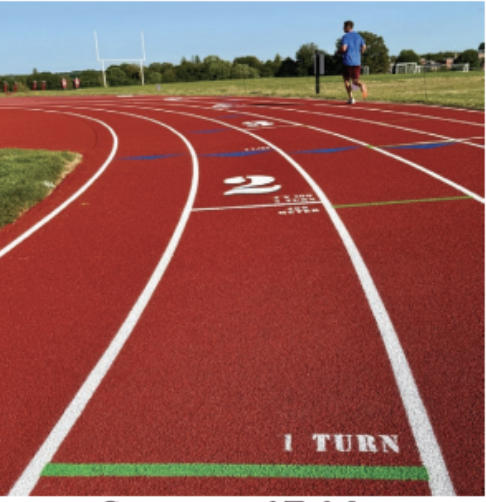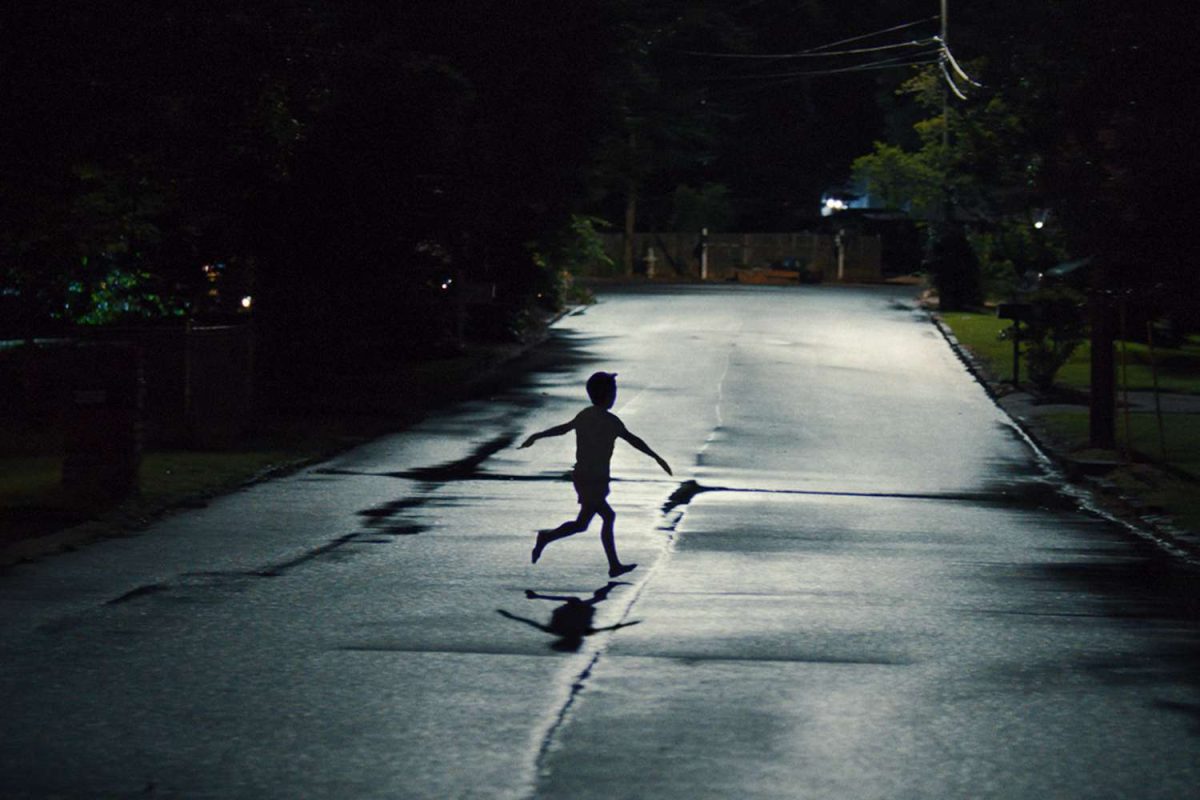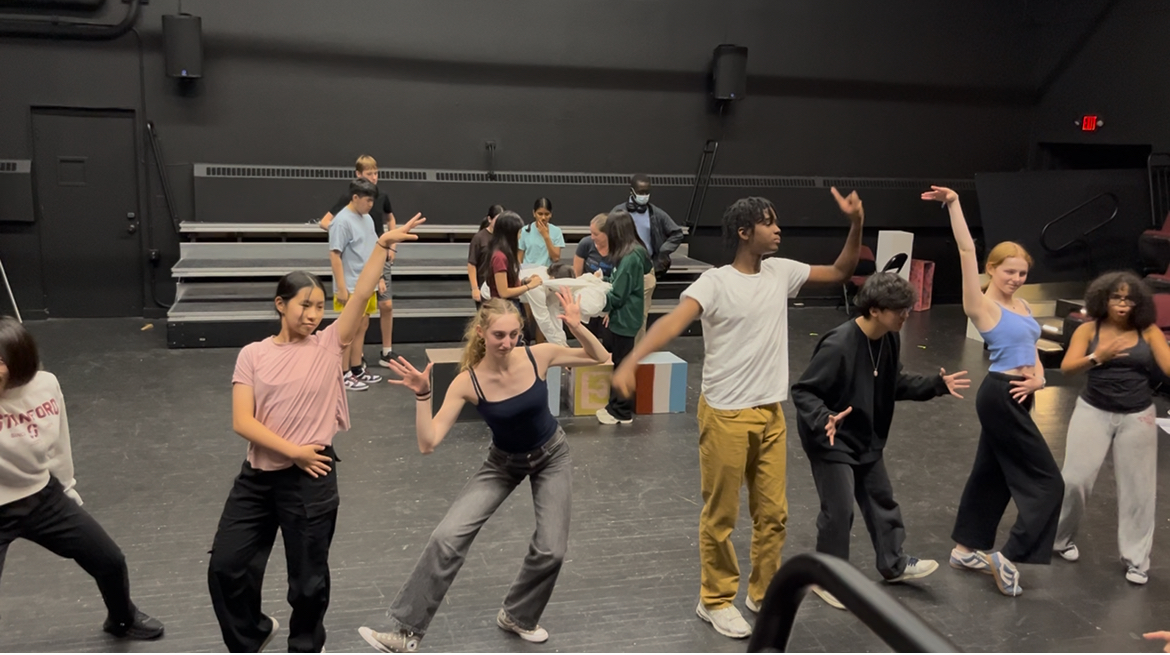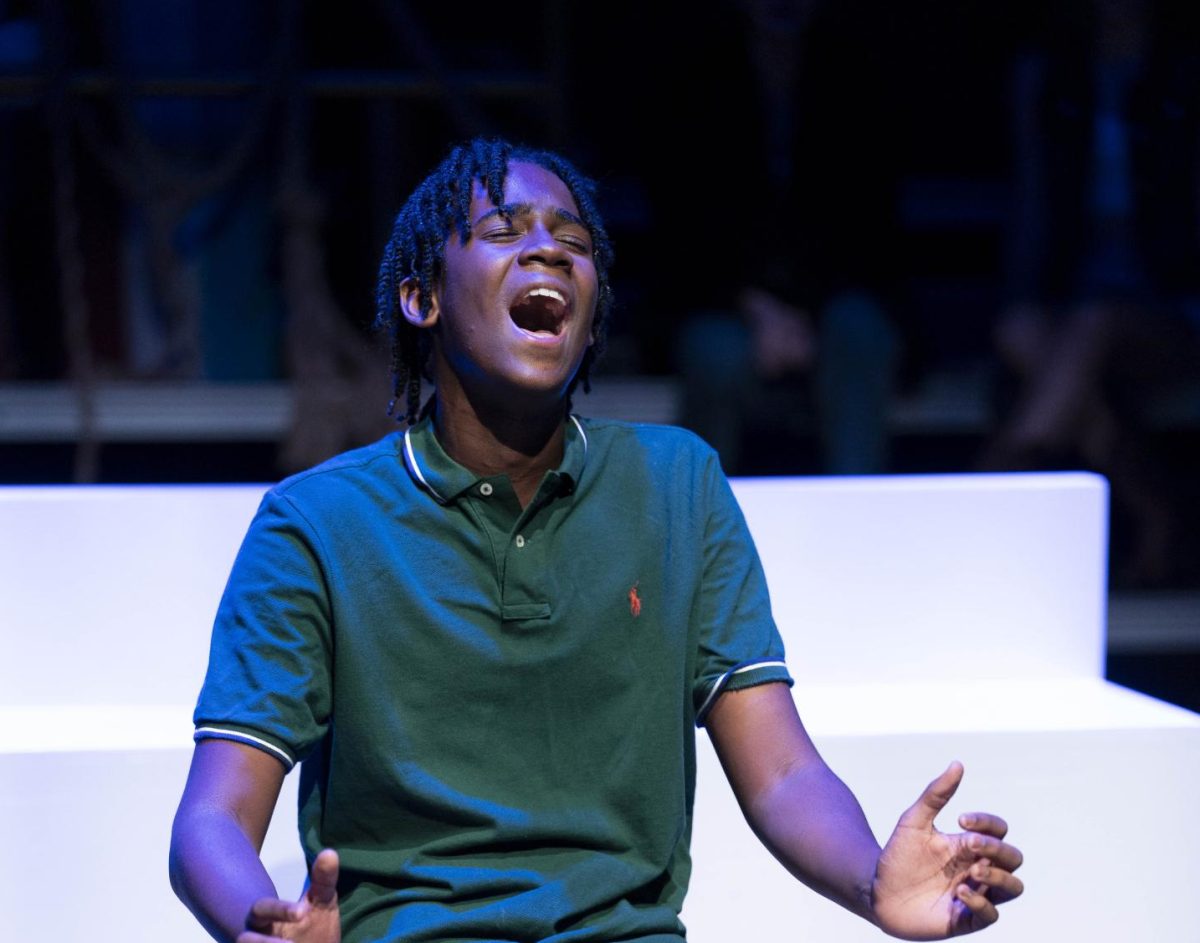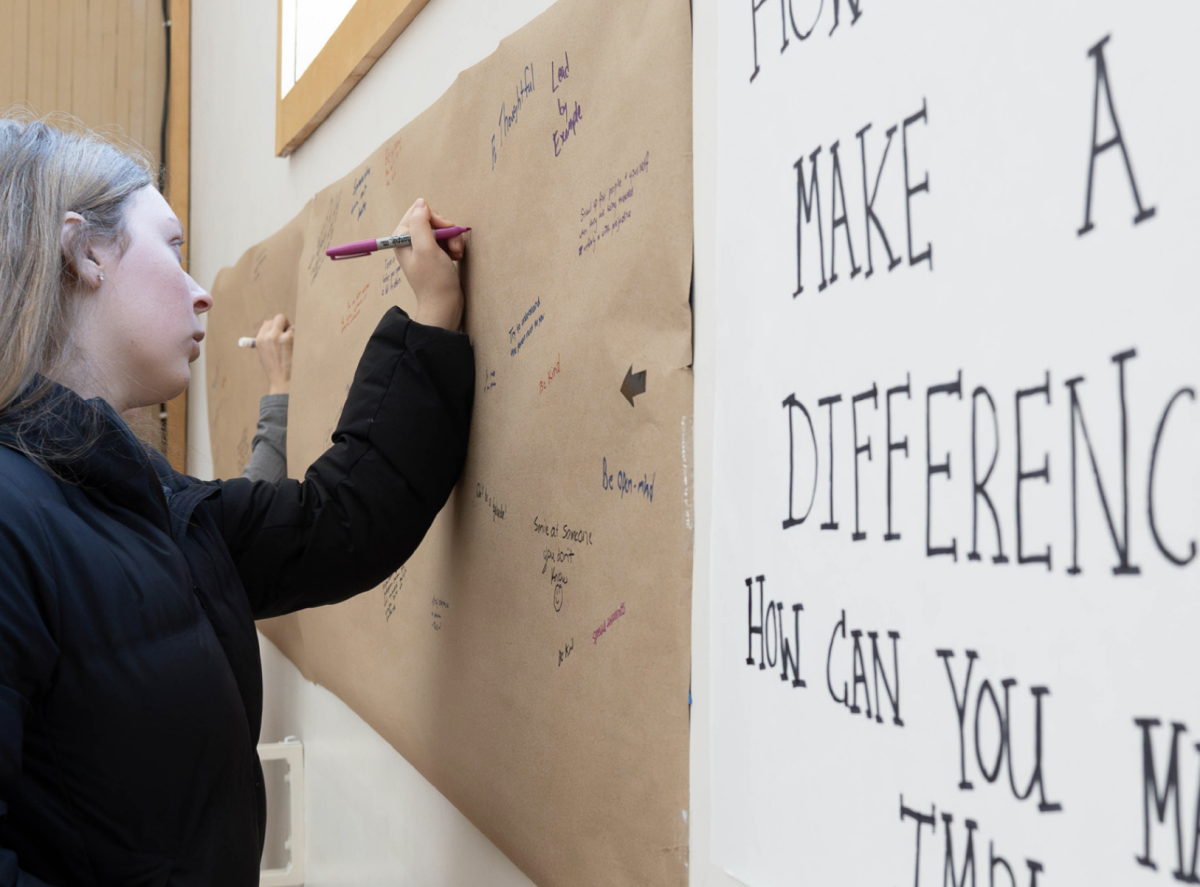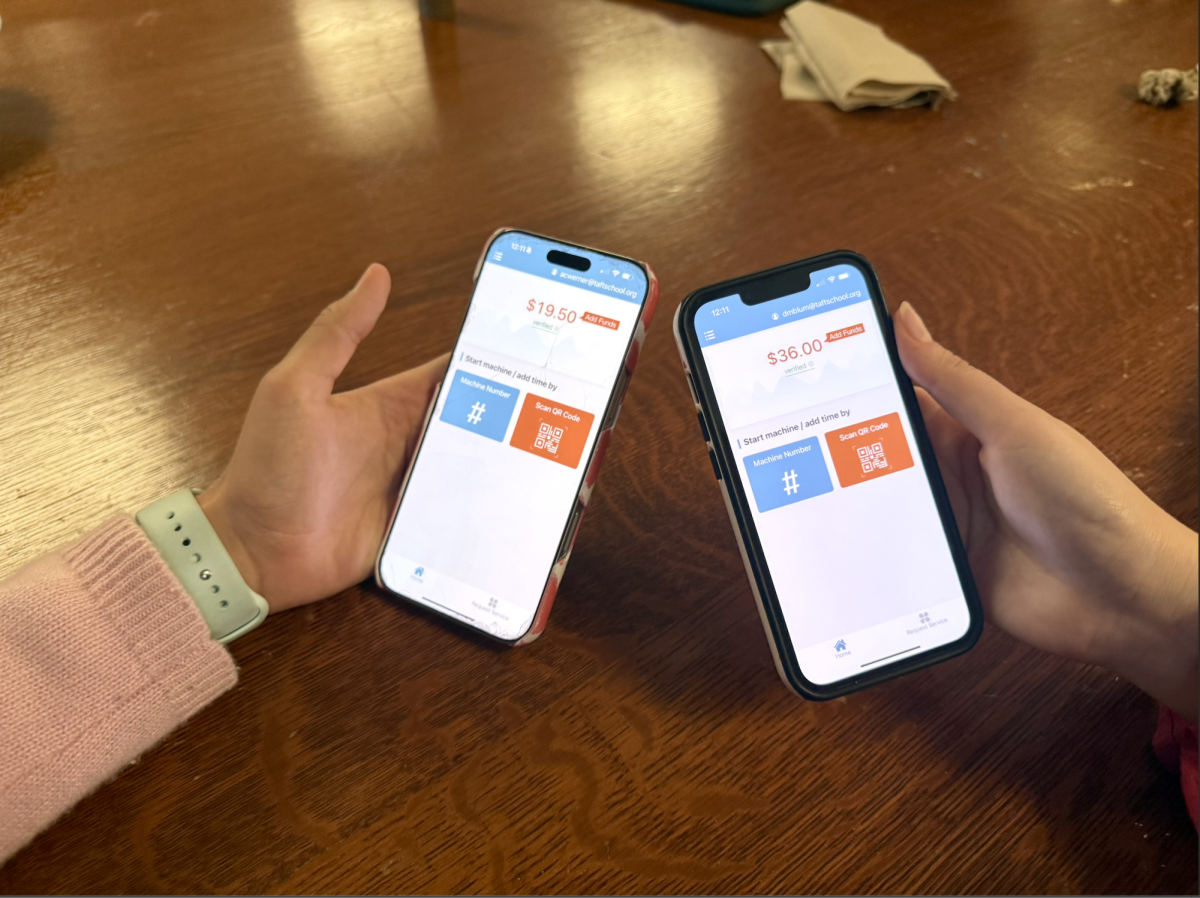This year’s MLK week transcended the recent norm of a day of workshops and instead became an immersive experience put together by a group of students: The Legacy 6. This past November, six students and three faculty members traveled to Montgomery, Alabama, inspired to rethink the way we approach MLK day at Taft. These six students ultimately ended up creating a museum experience through Main Hall, in which elements of the sites they visited in Alabama were brought back to the Taft community.
Taft’s three days of reflection started with a presentation by Mr. Allen, Dean of Community, Justice, and Belonging. The assembly covered the life of MLK and included an incredibly moving familial connection. Mr. Allen’s grandmother grew up in the Jim Crow South and became a part of history when she traveled to be a part of the March on Washington. This set the tone for this year’s MLK Day activities, which involved forming personal connections to history and historical sites. By making connections between past and present, we can more readily reflect on the persistence of racism today.
On Tuesday, The Legacy 6 spoke in Bingham to share their experience of visiting sites such as the Freedom Monument Sculpture Park and the 13th Street Baptist Church. The group included Sophie Brown ’25, Xander Chatterjee ’25, Ny’Ana Hauser ’25, Teni Arole ’26, Jabari King ’26, and Isaac Obeng ’26. Teni shared a bit about the process of joining this team: “Each of us received an email from Mr. Allen in October, asking us to meet with him in the Day Student Circle after school one day. 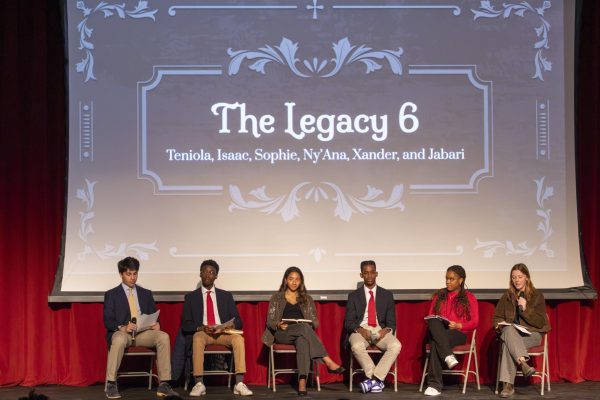 Confused, but curious, we all attended, and he shared the idea of venturing to Montgomery and Birmingham Alabama during Thanksgiving Break. He, along with Mr. Rosario and Mrs. Hincker, told us the goal was to bring back something for Taft, but we were not sure what exactly at the time (little did we know a whole museum!). The nine of us were excited and counted down the days to the beginning of our trip. Before leaving CT we met for four sessions. At these meetings, we received materials designed by Mrs. Hincker and Mr. Rosario for the purpose of preparing ourselves for our journey. One session that stuck out to me was learning about the March on Selma, a 54-mile walk led by African Americans protesting unfair voting practices.”
Confused, but curious, we all attended, and he shared the idea of venturing to Montgomery and Birmingham Alabama during Thanksgiving Break. He, along with Mr. Rosario and Mrs. Hincker, told us the goal was to bring back something for Taft, but we were not sure what exactly at the time (little did we know a whole museum!). The nine of us were excited and counted down the days to the beginning of our trip. Before leaving CT we met for four sessions. At these meetings, we received materials designed by Mrs. Hincker and Mr. Rosario for the purpose of preparing ourselves for our journey. One session that stuck out to me was learning about the March on Selma, a 54-mile walk led by African Americans protesting unfair voting practices.”
On the cold Wednesday morning of January 22nd, Taft students embarked on an educational experience unlike anything ever experienced before. It was a perfect culmination of everything that we had learned in the preceding days. As we stepped through the doors of the main building, we entered into a journey through history, starting with the roots of the Transatlantic slave trade, to the Reconstruction era, through the Jim Crow South, and into the present-day concerns of the Black Lives Matter movement such as ending police brutality and reforming the criminal justice system. Members of both The Legacy 6 and the UCT (United Cultures of Taft) guided students through each era of the recreated Legacy Museum. The exhibits themselves utilized images, text, video, and sound recordings, each carefully constructed to be relevant to the time period covered. The museum provided the Taft community with an MLK day experience that offered not only a thorough education but also a deeply moving collection of understandings. The contrast between walking through Rhino Lobby and seeing it transformed into a slave auction site was striking, as was the transformation of the Office of Student Life into a voter registration booth. An experience that activated the body, heart, and mind was the perfect way to close out the revolutionary MLK week of 2025, and the “legacy” of The Legacy 6’s hard work will have a lasting impact on not just the students who walked the “museum” halls, but the Taft community as a whole.
We should all be thankful for the hard work and dedication these students put into helping us better ourselves as individuals and as a community. However, the reality is that you only get out what you put in. As Co-Head Mon Sophie Brown ‘25 said, “I hope hearing about our experience visiting the legacy sites inspired people to embrace the uncomfortable, heartbreaking truth about history.” As Sophie said, we must welcome the uncomfortable and often painful parts of our history in order to learn from it, rather than distorting it. Even after MLK day has passed, we should continue to reflect on ways we can live out the values of the Legacy 6, and be empowered to create the changes we want to see at Taft. In doing so, we honor Dr. King’s vision of a beloved community, one built on understanding, empathy, and unity
